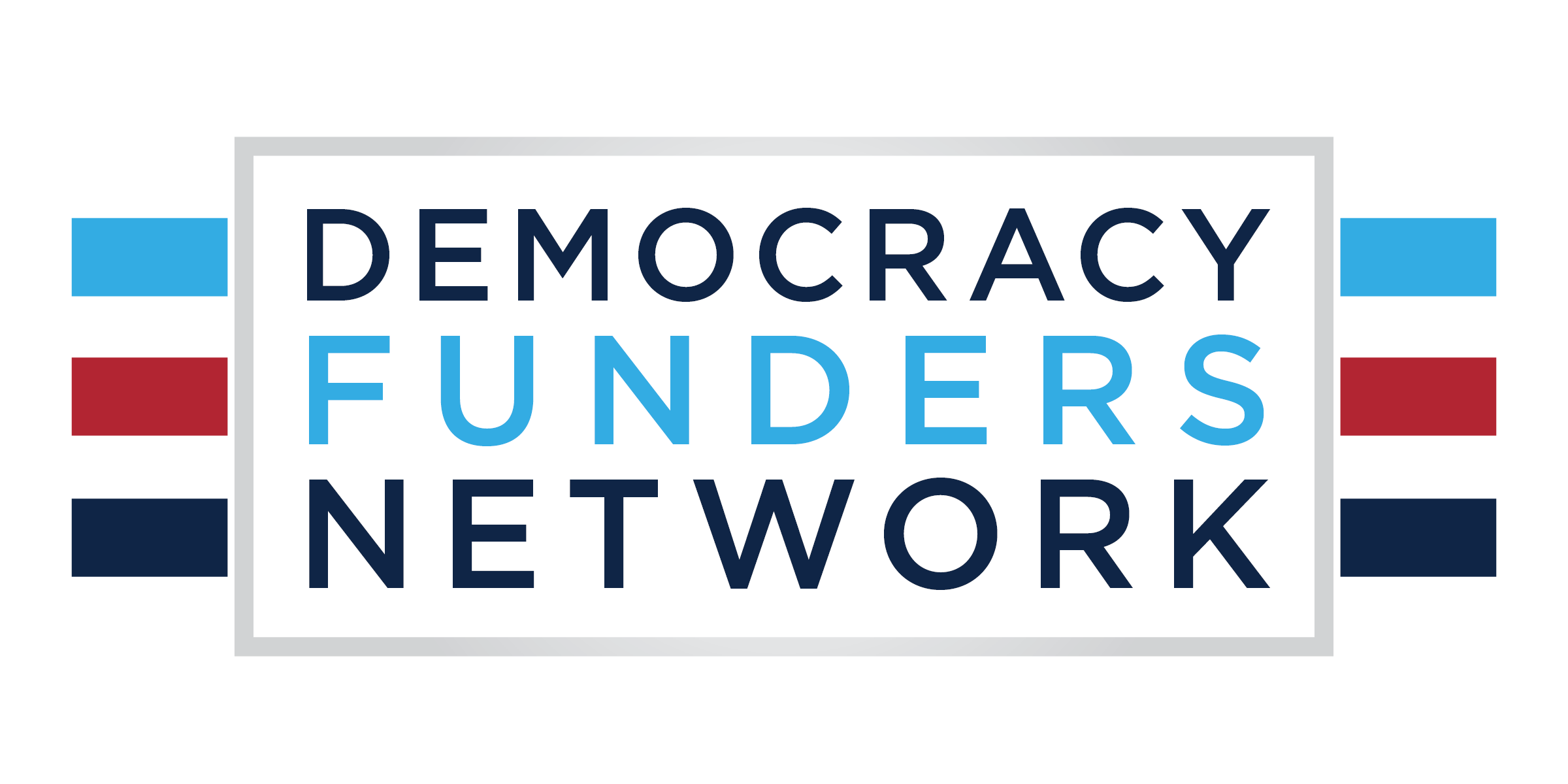The first two years of the Biden Administration have seen dramatic developments in U.S. humanitarian policy, from the historic commitment to admit 100,000 Ukrainians, to the resettlement of 80,000 Afghan refugees, to fights against the Title 42 executive order and mass deportation of Haitian asylum seekers.
But throughout U.S. history, humanitarian response has often been distorted by inequities including racism, Islamophobia, and militarist foreign policy. And initial commitments to refugees have faded over time and left communities on their own - underserved, under resourced, and marginalized. These patterns are playing out again and will only escalate over time due to climate migration and other crises.
Join advocates and funders for a timely conversation that asks: what would it take to achieve a truly inclusive and equitable humanitarian response? How can we uphold the current standard set for welcoming Ukrainian refugees as a new standard for humanitarian migrants, including those from the Global South? What role do programs like refugee resettlement, Temporary Protected Status, and asylum play? How can we support BIPOC immigrant and refugee communities to thrive, and empower them to lead a broader movement? And why is humanitarian migration important to the future of multiracial democracy? How are these issues inextricably linked to the ongoing struggles for democracy, racial justice, climate change and criminal legal reform and why is an intersectional lens necessary to answer the question of “Who gets to be an American”?
